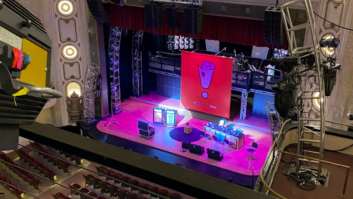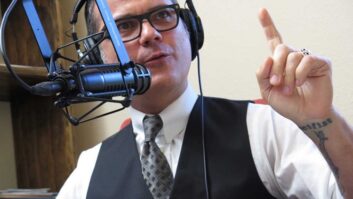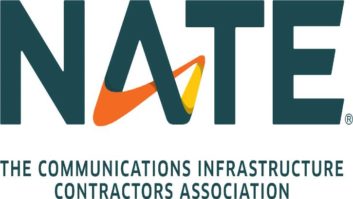A memo to the FCC: Don’t send radio back to 24/7 staffing requirements.
The agency is seeking public input on unattended operations in its high-profile broadcast proceedings on IBOC rules and localism. It is considering whether to reduce the number of hours a station may operate unattended, or even repeal the rule and require 24/7 staffing.
In 1987, the commission eliminated a rule requiring a station to originate the majority of its non-network programming from its main studio, citing advances in program production and distribution technology.
Eight years later, as the stability of station monitoring and transmission equipment improved, it authorized unattended technical operation and expanded the ability of facilities to control and monitor technical operations from remote locations.
The Emergency Alert System was designed with these unattended operations in mind. Yet the FCC has asked whether “widespread reliance on automated operations” limits the ability to distribute EAS alerts effectively.
A big reason the FCC raises this question is one incident: the often-cited accident in January 2002 when a train carrying anhydrous ammonia derailed in Minot, N.D. The spill created a toxic cloud that affected residents and was responsible for at least one death.
Clear Channel, owner of stations in the town, has been pilloried for its response. But as we have reported, the broadcast group says city officials didn’t know how to use their EAS equipment to send an alert to the originating station, and had not installed it. EAS was not activated, and notification to citizens about the emergency did not happen as fast as it could have.
The stations were in fact staffed 24/7, according to the company. And Clear Channel engineers later helped local police install the EAS gear and trained city personnel in its use.
But no matter how many times the broadcaster has explained all this, some regulators and consumer groups have concluded unattended operations were to blame. It’s easier to vilify a familiar big corporate target than to understand the truth.
Current rules provide broadcasters in all market sizes the flexibility to operate a portion of their broadcast hours in an unattended manner, allowing stations to serve listeners 24/7 for local news, weather, sports and entertainment programming.
A requirement of manned operation for nights and weekends likely would force some broadcasters, especially in small markets, to reduce service by cutting hours of operation. Certainly owners would be forced to pay additional costs to staff facilities nights and weekends.
One might like the idea of full-time staffing for other reasons, including quality of programming. After all, automated operation, for many people, is a symbol of what’s wrong with radio today. That’s a separate argument and it too has flaws, but it’s not even relevant here. The question is not program content but emergency preparedness.
EAS gear instantly interrupts regular programming and relays each essential local EAS message to the local population without delay. Some broadcasters believe the system in fact is better than one involving humans, where delays might be created while local staff review EAS information, decide on an appropriate course of action, rewrite the information, record it and transmit the information over the air.
We urge the FCC to refrain from requiring 24/7 staffing and leave the current unattended operations rules in place.
— RW












